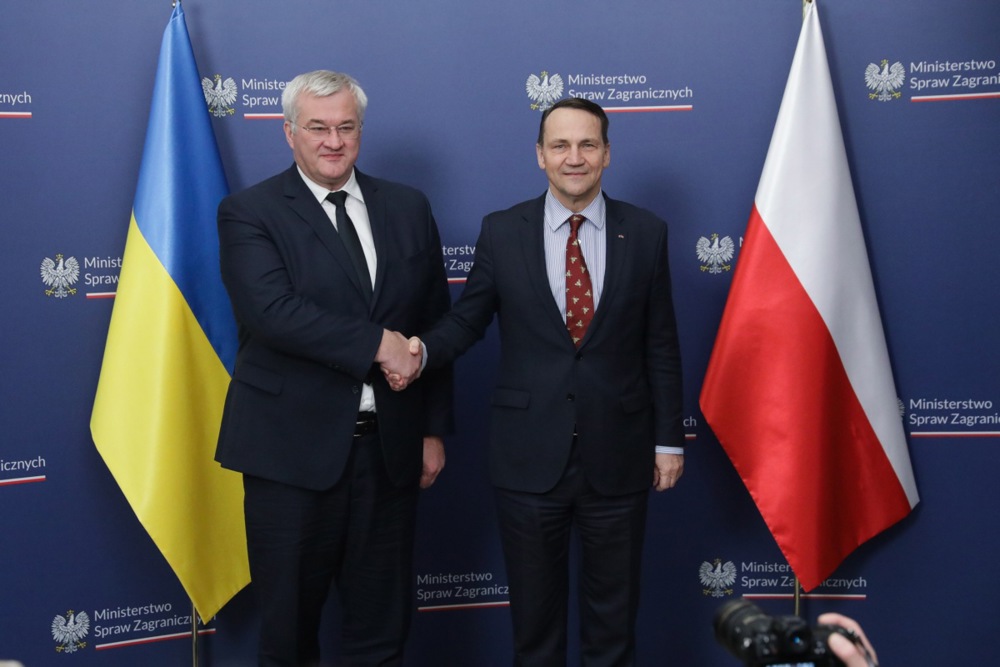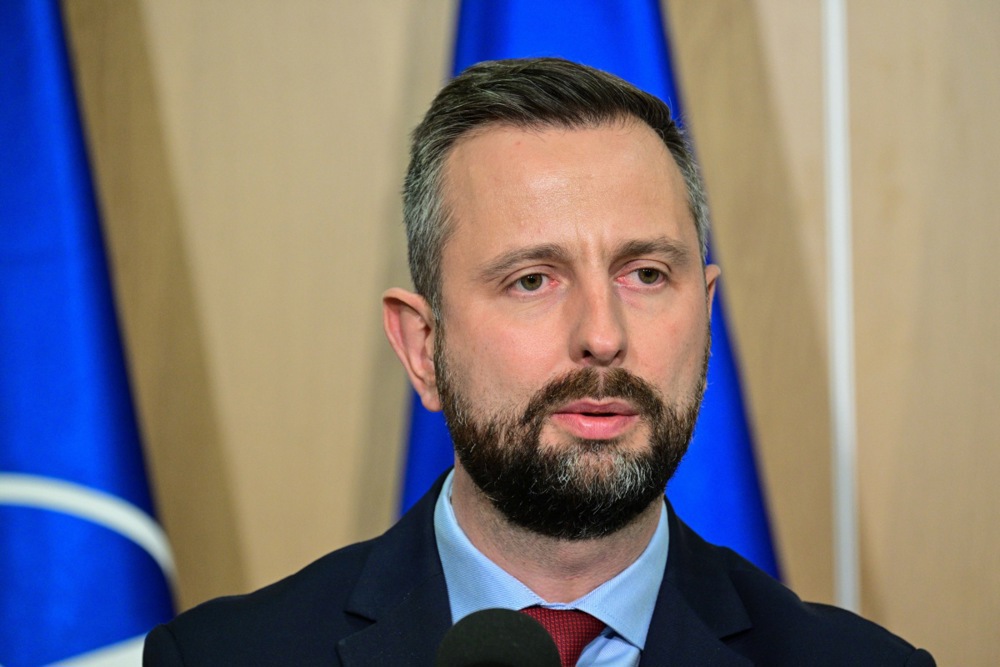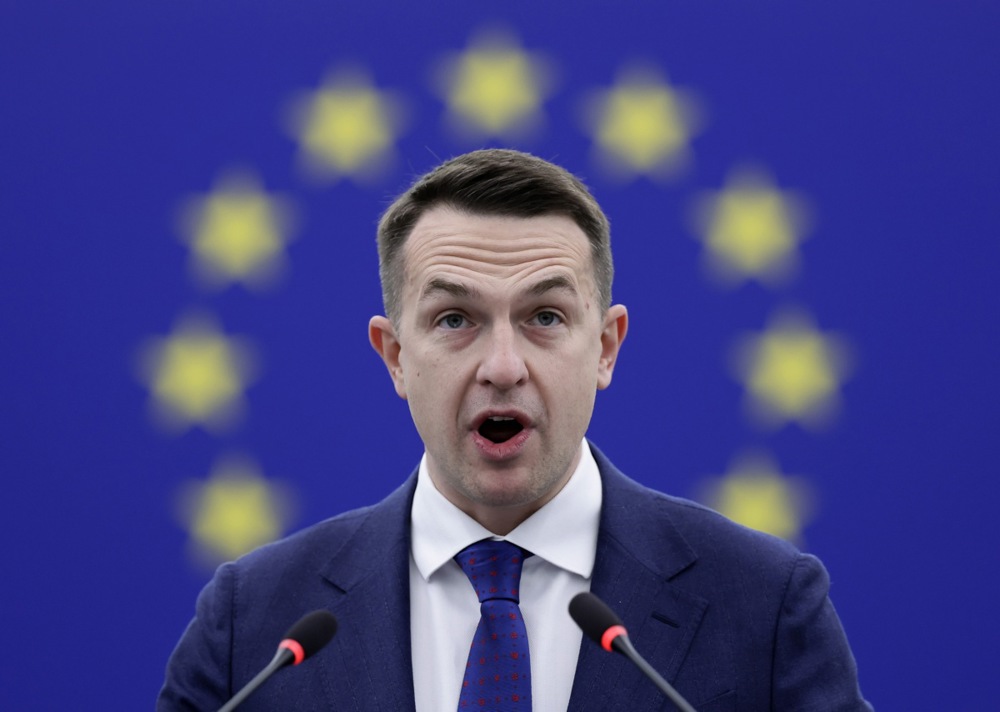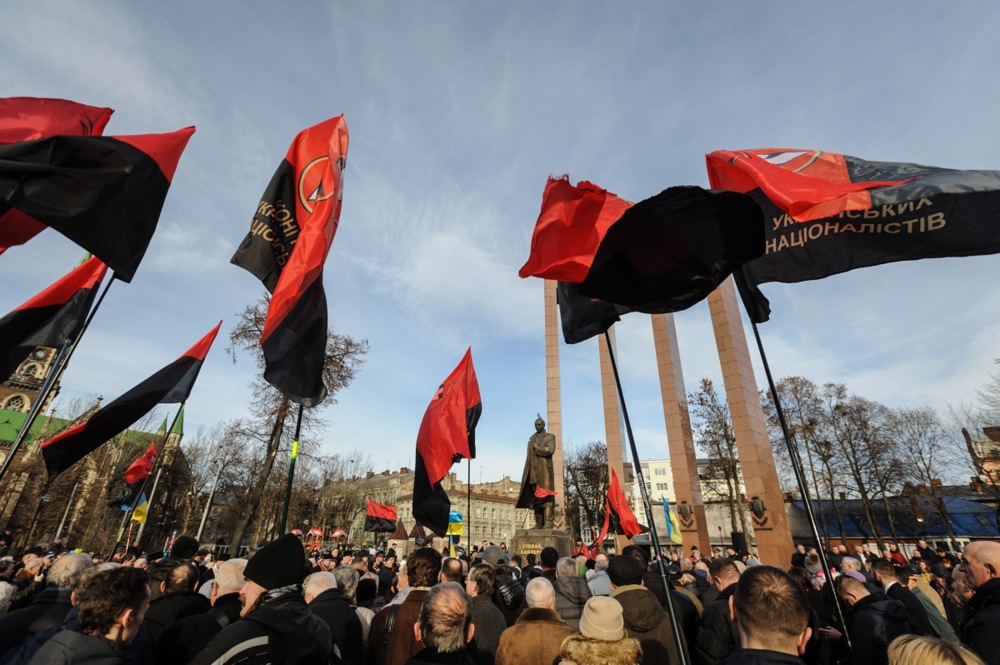Ukraine has criticised Poland’s decision to create a new national day of remembrance commemorating Polish victims of the Volhynia massacre carried out by Ukrainian nationalists during the Second World War.
The Ukrainian Government on June 5 said the idea of such a day of remembrance “flies in the face of the spirit of good neighbourly relations”.
On the same day, Poland’s parliament voted overwhelmingly in favour of creating a “Day of Remembrance of Poles” who were victims of “the crime of genocide of over 100,000 committed by the [Organisation of Ukrainian Nationalists-Ukrainian Insurgent Army] OUN-UPA in the Eastern Borderlands of the Second Polish Republic” to be held annually on July 11.
The choice of July 11 was guided by the fact that it was on that day in 1943, known as “Bloody Sunday” in Poland, that the killings hit their peak, with the OUN and UPA attacking Poles in dozens of locations, including churches.
Poland has long regarded the wartime massacres by Ukrainian nationalist groups as genocide and parliament has previously recognised them as such.
Ukraine rejected that. While it acknowledged the killings of ethnic Poles, it argued that they did not amount to genocide and pointed to violence and other forms of repression carried out by Poles against Ukrainians.
OUN and UPA figures such as Stepan Bandera were celebrated as national heroes in Ukraine for their role in fighting for independence from the USSR, despite the fact that they were allied with the German Nazis during the Second World War.
The notion that recognition of Volhynia as genocide could improve Polish-Ukrainian relations based on “reconciliation and forgiveness based on truth” was immediately rejected by the Ukrainian foreign ministry. In a statement it said the notion of genocide against Poles “flies in the face of the spirit of good neighbourly relations between Ukraine and Poland”.
“Such unilateral steps do not contribute to achieving mutual understanding and reconciliation,” added the ministry, arguing that “academic and unbiased study” through “dialogue, mutual respect and joint work by historians” was the best way to move forward.
Kyiv also pointed to its recent decision to approve the exhumations of wartime massacres on Ukrainian territory, something that had previously been denied to Poland.
“Once again, we remind you that Poles should not look for enemies among Ukrainians, and Ukrainians should not look for enemies among Poles. We have a common enemy, Russia,” concluded the ministry statement.
Volhynia remained a bone of contention between Poland and Ukraine with politicians warning that it could affect Ukrainian aspirations to join the European Union.
Tensions between the two countries have also been exacerbated by rows over the export of Ukrainian grain and access to Poland’s road haulage market for Ukrainian companies. That was alongside moves made by Polish politicians to curtail the rights of Ukrainian refugees to benefits and health care.
The present situation in that regard contrasted starkly with the outpouring of generosity and good will towards Ukraine in the immediate aftermath of the Russian invasion of 2022, when Poland housed over a million refugees in Polish homes.
It also gave them access to health care and benefits and the country also provided the Ukrainians with large-scale supplies of weaponry such as hundreds of tanks and several MIG fighter planes.





